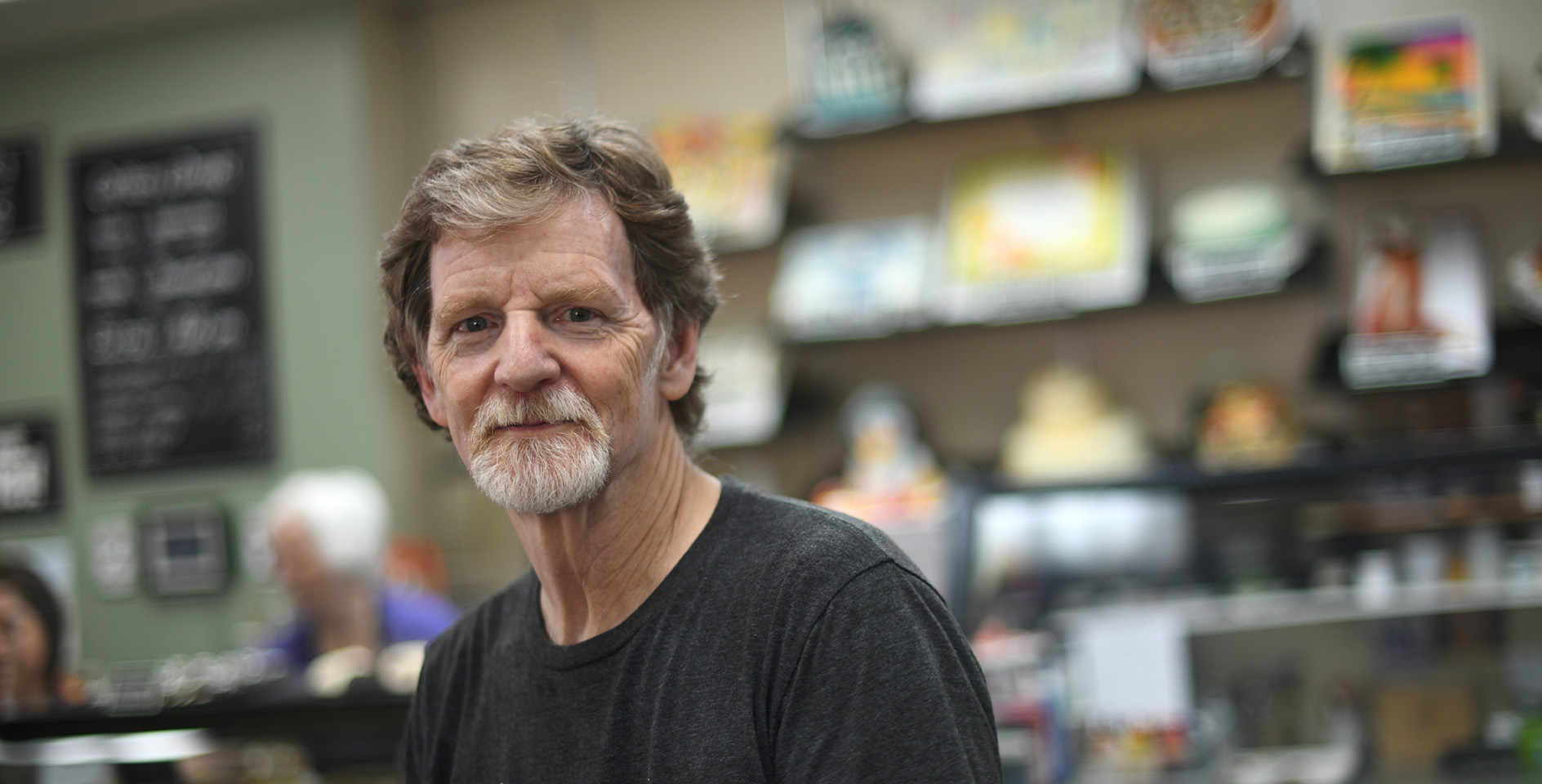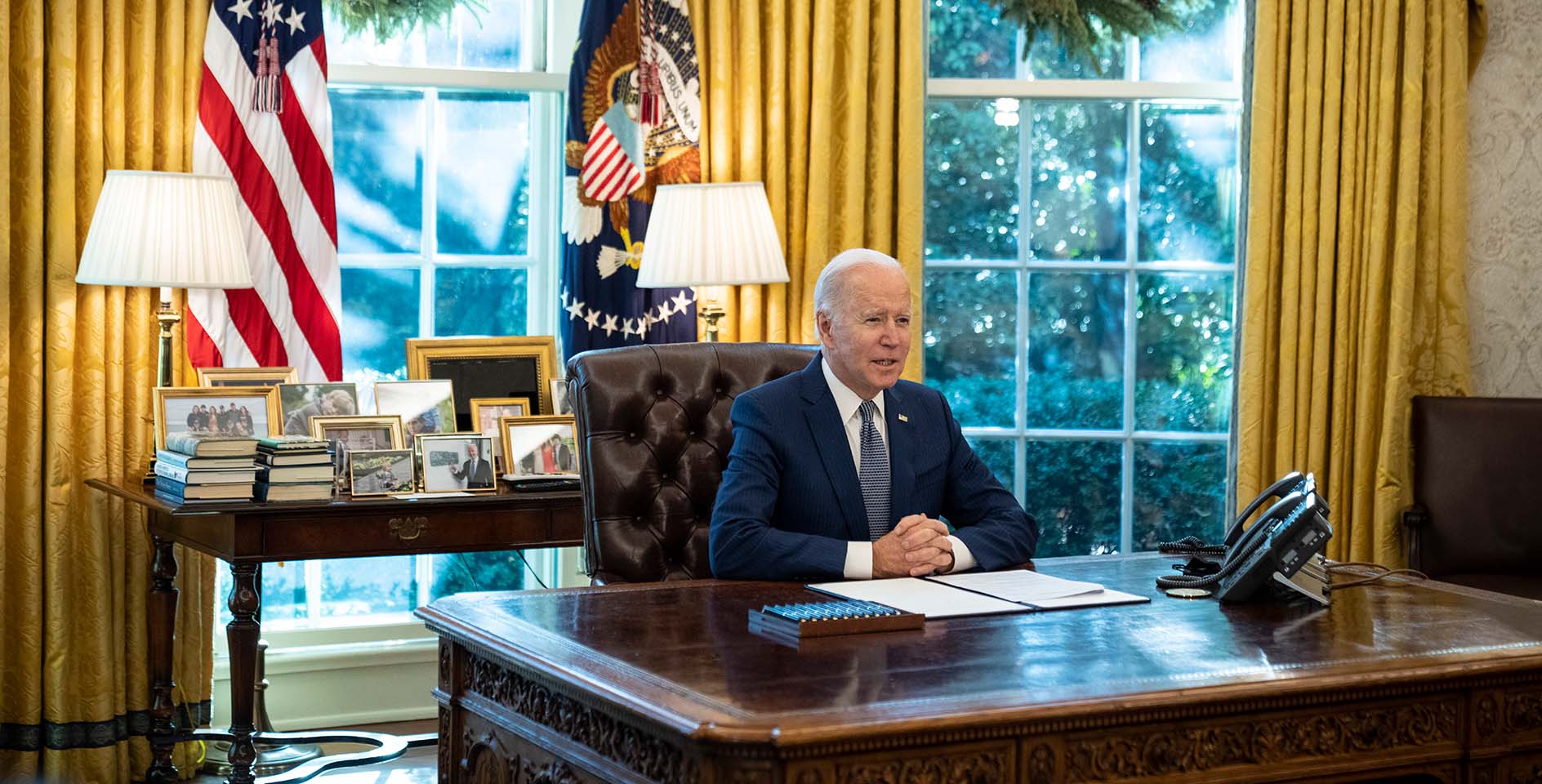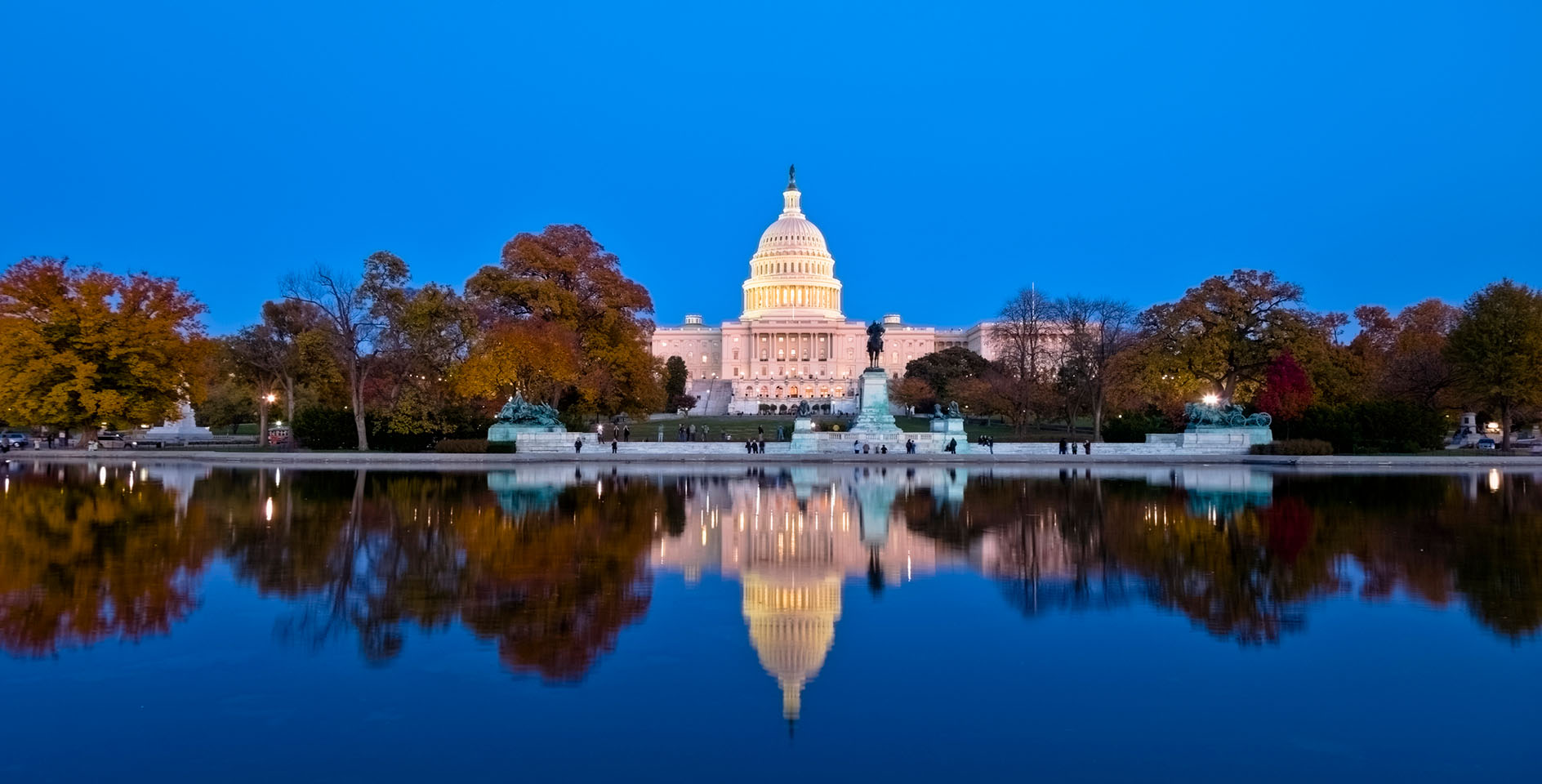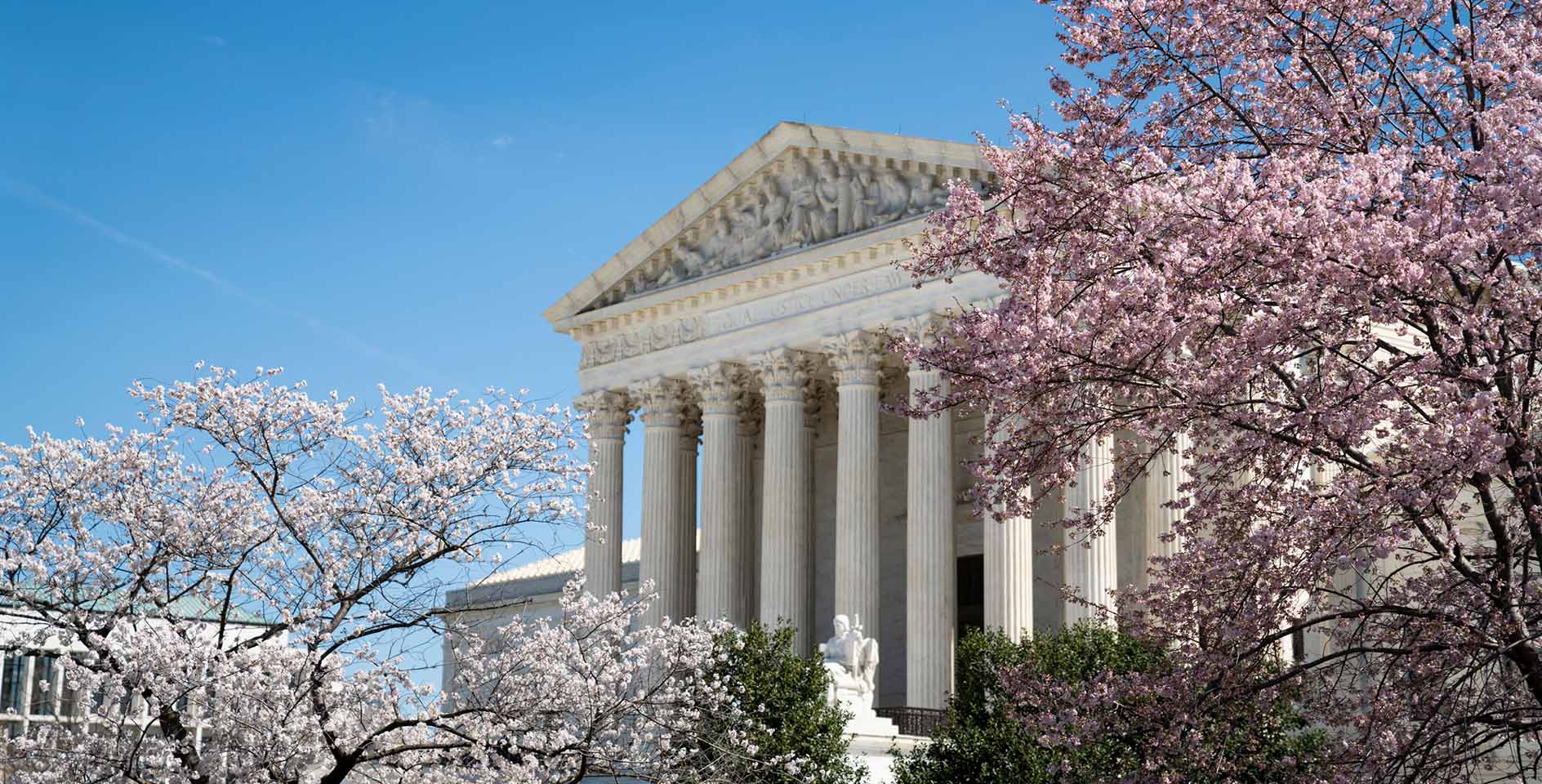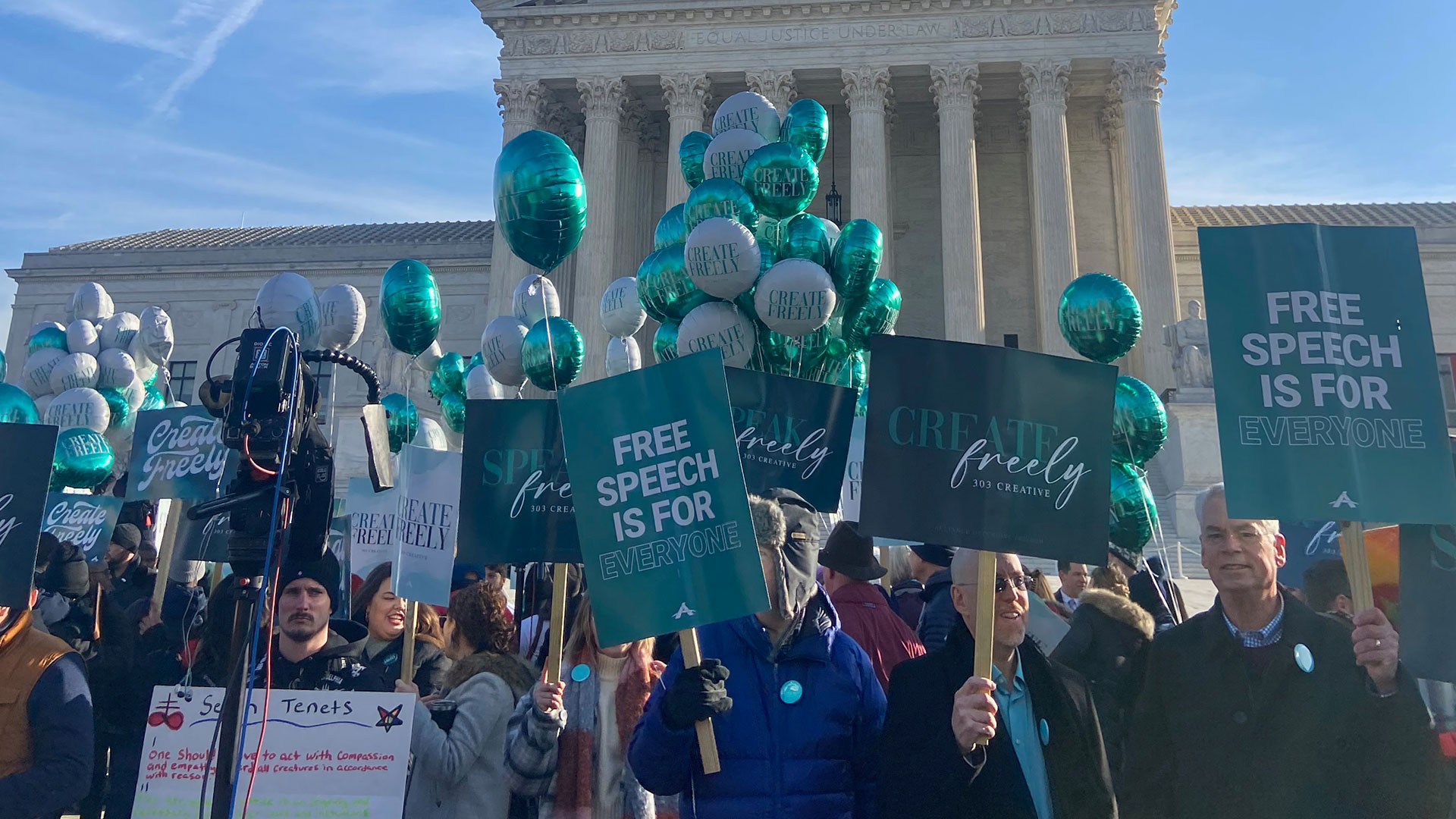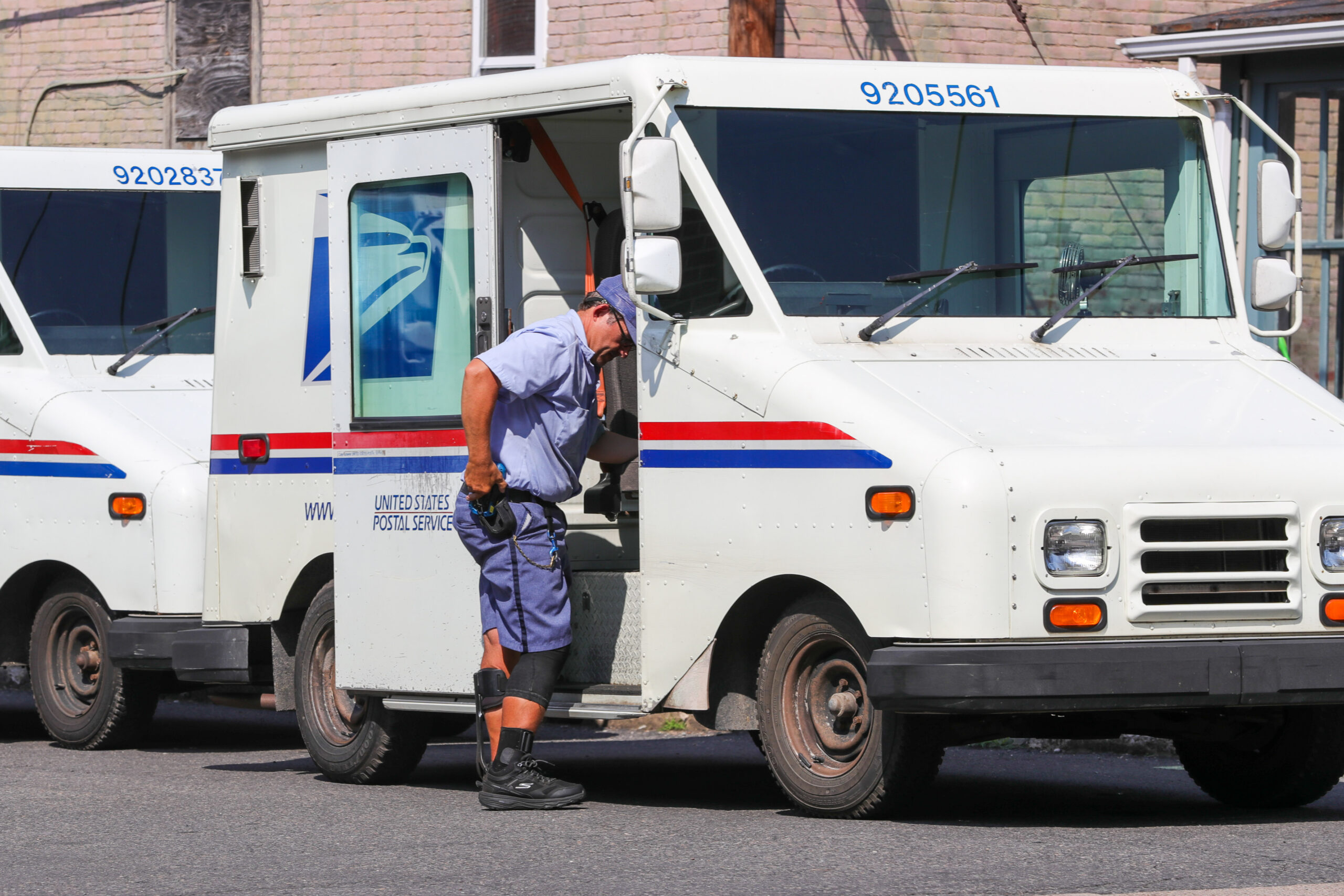A Christian baker in Colorado lost an appeal last week in his legal fight in the case involving his rejection of a request for a birthday cake celebrating a gender transition.
What’s the background?
In June 2017, Autumn Scardina called Masterpiece Cakeshop to order a birthday cake, which would, according to the court filings, also reflect and celebrate Scardina’s transgender identity. Jack Phillips, the owner of Masterpiece Cakeshop, refused to make the cake.
Phillips is a devout Christian who has repeatedly said that he seeks to operate his bakery consistently with his religious beliefs. He wants to live his life, do his business, and engage everyone in a way that honors Jesus Christ, notes the lawsuit. Phillips even named the bakery “Masterpiece” based on Jesus’ words in the Sermon on the Mount, where he said no man can serve two masters.
Scardina filed a lawsuit against Phillips and Masterpiece Cakeshop in state court claiming illegal discrimination because of his transgender identity. Phillips countered that the decision was not because of the person who requested it, and that he would not create a cake celebrating gender transition no matter who asked for it.
What’s the problem?
The case shows how LGBT activists are willing to use the courts to harass Christians in an attempt to coerce them to violate their consciences.
Scardina, an attorney, contacted Masterpiece Cakeshop on the day that the Supreme Court agreed to hear Masterpiece Cakeshop v. Colorado Civil Rights Commission. In that case, a same-sex couple had sued Phillips because he refused to create a cake for a same-sex wedding. (On June 4, 2018, the U.S. Supreme Court ruled in a 7-2 decision that the actions by the Colorado Civil Rights Commission violated Phillips’ rights under the Free Exercise Clause.)
A few months later, Scardina also asked for a cake with Satan smoking a joint, which Phillips also declined to make. Scardina later admitted to making these cake requests to “test” Jack and to “correct the errors of [his] thinking.” The attorney had also contacted Phillips multiple times calling him a hypocrite and bigot, and saying that if the current case was dismissed for any reason, Scardina would come back the next day with a new cake request and sue Phillips again.
As Alliance Defending Freedom notes, “The relentless harassment of Jack Phillips – nearly a decade of litigation – has had a significant impact on Jack Phillips’ business. He once had ten employees and now it’s down to four. He has lost a big part of his business, in addition to the severe emotional toll.”
Why did Phillips lose the appeal?
In its ruling, the Colorado Court of Appeals said that because the form of the cake, which was to be pink with blue frosting, was not inherently a form of speech because it did not convey any particular message. Since Phillips could not claim, according to the court, that his speech was protected, he was in violation of discrimination laws. Colorado state law makes it illegal to refuse to provide services to people based on protected characteristics like race, religion, or sexual orientation.
The appeals court also noted that Phillips’ shop had initially agreed to make the cake and only refused after Scardina explained it was to celebrate his gender transition.
What happens now?
Attorneys for Alliance Defending Freedom (ADF), the nonprofit law firm that is representing Philiips and Masterpiece Cakeshop, said it will appeal the decision of the state court of appeals.
“The same law being used to punish Jack is also at issue now at the U.S. Supreme Court in 303 Creative v. Elenis,” says ADF Senior Counsel Jake Warner. “The Court there should reject Colorado’s attempt to mandate orthodoxy and drive views it disfavors from the public square and affirm that graphic artist Lorie Smith and all artists—writers, painters, photographers, filmmakers, calligraphers, cake artists, and more—have the right to create freely without fear of government punishment.”
The ERLC is urging the court to rule in favor of 303 Creative and will be preparing Christians and churches to respond to this important decision later this year.



